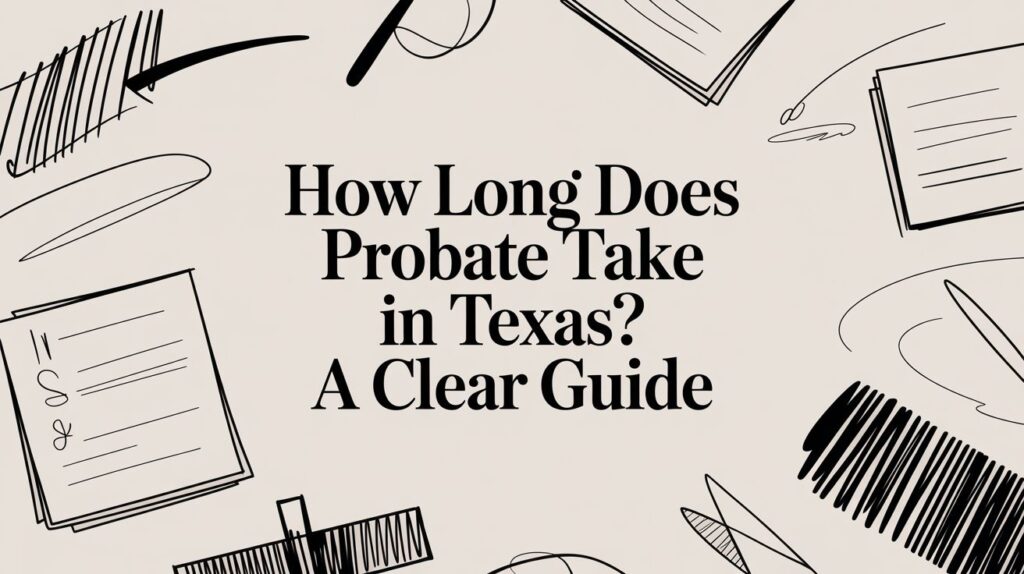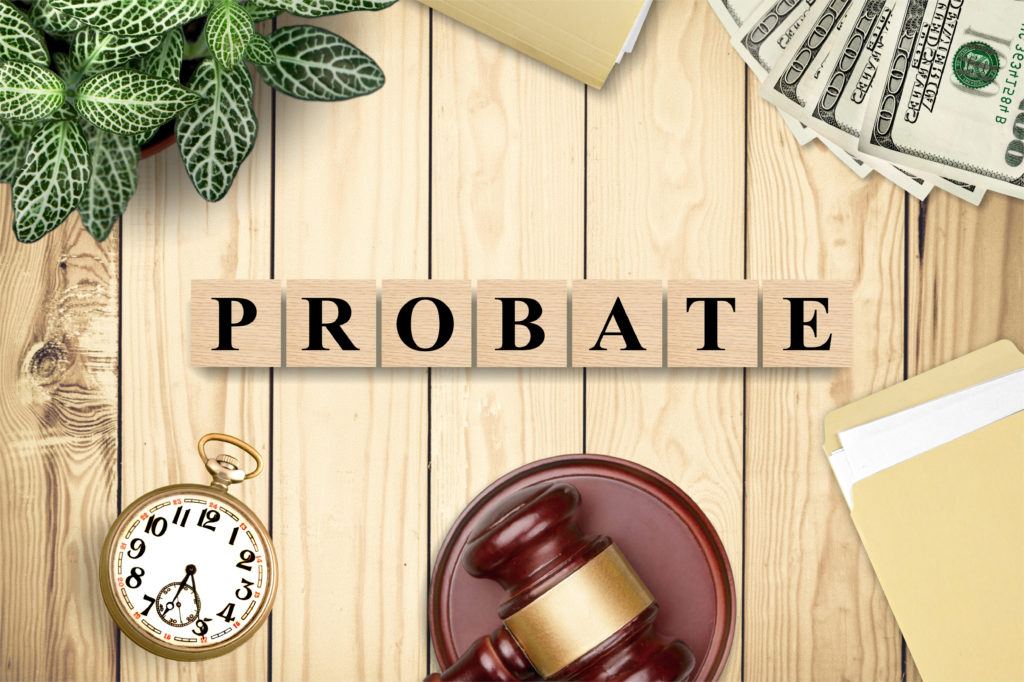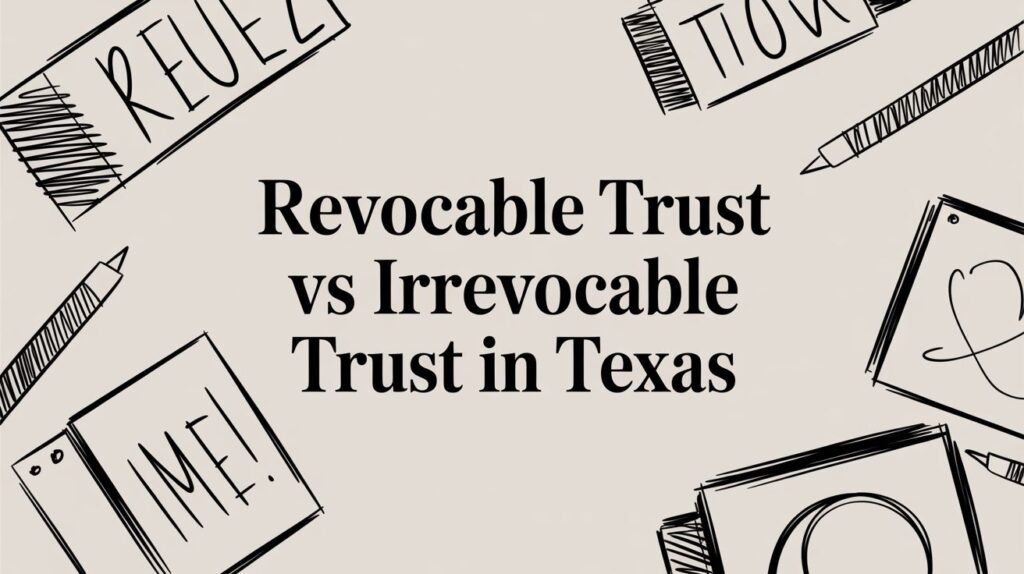If you’re wondering how to get a house listed while in Texas probate, you’re probably navigating a sensitive, high-stakes situation. Probate is never simple—especially in Texas, where specific laws and court procedures must be followed before an estate’s real estate assets can be legally sold. And when family members, realtors, and courts all have a stake in what happens next, listing a property can become a legal minefield.
In this comprehensive guide, we’ll walk you through everything you need to know about how to get a house listed while in Texas probate without violating court rules. You’ll learn what the probate court expects, how to work with an attorney and realtor, and how to handle tricky scenarios like co-heir disputes or pending debts. Along the way, we’ll also share real-world examples and insider tips that will help you move forward confidently—and legally.

Why Probate Law Matters When Listing a Texas Property
First, let’s set the foundation. In Texas, when someone passes away, their estate—meaning everything they own—typically goes through probate. That includes their house. Unless the home was held in a trust or transferred via a beneficiary deed, it becomes part of the probate estate.
Now here’s the tricky part: you can’t just list or sell the property like you would under normal circumstances. Why? Because technically, the deceased still “owns” it until the court appoints an executor or administrator. That’s why understanding how to get a house listed while in Texas probate is so essential. Mistakes here can delay the probate case or land you in legal hot water.
Real-Life Example: When Lisa Tried to List Her Father’s Home Too Soon
Lisa, a schoolteacher in San Antonio, lost her father unexpectedly. She contacted a realtor to list his house within two weeks of his passing, assuming it would speed up the process of settling his affairs. However, she didn’t realize that she wasn’t legally allowed to sell or list the property without first being named executor by theprobate court.
The listing caused confusion with the title company, drew warnings from her attorney, and ultimately delayed the sale for months. Lisa had good intentions, but she didn’t know how to get a house listed while in Texas probate the right way. Her story is all too common—and completely avoidable.
Step One: Understand the Type of Probate Proceeding
Before you even think about listing the home, you need to determine what kind of probate case you’re dealing with. The type of probate will determine your authority, your limitations, and your timeline.
1. Independent Administration
This is the most common form of probate in Texas. The court appoints an executor (if there’s a will) or an administrator (if there’s no will) who has broad powers to manage the estate, including the sale of real estate—usually without returning to court for every decision.
In this scenario, once you’re officially appointed and have your Letters Testamentary or Letters of Administration, you can proceed with listing the house.
2. Dependent Administration
This type requires more court supervision. Every step—including selling real property—needs court approval. If the estate is under dependent administration, you’ll have to file a Motion to Sell Real Property and obtain a court order before listing the house.
3. Muniment of Title
If there’s a will and no debts (other than secured real estate debt), the estate may qualify for this simplified probate. While it allows title to pass, it doesn’t authorize you to act on behalf of the estate like a traditional executor. If you need to sell the home, you may have to seek conversion to a full administration.

Step Two: Get Appointed as Executor or Administrator
Knowing how to get a house listed while in Texas probate starts with being legally recognized by the court. If the will names you as executor, you still need the court to formally approve your appointment. If there is no will, you’ll need to apply to be the administrator of the estate.
Once appointed, you’ll receive Letters Testamentary or Letters of Administration. These documents are your legal proof that you have the authority to act on behalf of the estate—including listing real estate.
Step Three: Secure the Property and Get It Market-Ready
Once you have authority, your next step isn’t the MLS—it’s the property itself. Here’s what you need to do before listing:
- Change the locks (if needed)
- Clean and stage the home
- Secure valuables or heirlooms
- Maintain utilities and lawn care
- Order a pre-listing inspection
This isn’t just about appearances. Courts—and heirs—expect you to protect estate assets. Preparing the property properly ensures you won’t face accusations of neglect or mismanagement.
Step Four: Work with a Realtor Who Understands Texas Probate
Not all realtors are created equal. You’ll need someone who knows how to get a house listed while in Texas probate—preferably someone who has experience working with probate attorneys and local courts.
Here’s why that matters:
- They’ll know how to price the property appropriately based on title limitations.
- They can help draft listing language that reflects probate status (e.g., “Subject to Court Approval”).
- They can advise on how to handle buyer questions about timelines and title clearance.
- They can coordinate with your probate attorney to ensure all documentation is handled properly.
In dependent administrations, they can also assist in preparing the Report of Sale and other required filings.
Step Five: Confirm Title Status Before Listing
Here’s a key tip most people miss: don’t just assume you can sell the house—confirm that the estate holds clear title. That means:
- The title is in the decedent’s name
- There are no pending liens, back taxes, or other encumbrances
- The will (if one exists) has been admitted to probate
- All required heirship determinations have been completed
If the title isn’t clear, the sale could fall through late in the process—even after you’ve accepted an offer.
Step Six: Notify Interested Parties
When it comes to probate sales, transparency isn’t just ethical—it’s often legally required. Be sure to notify:
- All beneficiaries named in the will
- All heirs under Texas intestate succession law (if no will exists)
- Any creditors with claims against the estate
In a dependent administration, some notices must be filed with the court. If you’re working under independent administration, it’s still smart to keep family members informed to avoid disputes.
Step Seven: Follow Texas Court Rules When Accepting Offers
You’ve found a buyer. Great! But don’t pop the champagne just yet.
In dependent administration, you’ll need court approval of the offer. The court may require:
- A signed buyer’s contract
- An appraisal
- A Motion for Order of Sale
- A hearing date
- A judge’s signed order authorizing the transaction

Skipping these steps is one of the fastest ways to delay or void the sale. Even under independent administration, be cautious. If a beneficiary challenges your decision or accuses you of selling below market value, you could face legal scrutiny.
Real-Life Cautionary Tale: Probate Sale Blocked by Angry Heir
In Dallas, a man named Allen tried to sell his deceased mother’s house. He was the executor, but he accepted an offer that was significantly below the appraised value. His sister, who was also a beneficiary, filed an objection in court and demanded an accounting.
The judge temporarily blocked the sale, requiring Allen to relist the property and get new appraisals. The result? A four-month delay and mounting legal fees.
Knowing how to get a house listed while in Texas probate without violating court rules means understanding that even executors can be held accountable if they don’t act in the best interests of all heirs.
Special Considerations for Homestead Property
In Texas, the homestead exemption provides protections for a surviving spouse or minor children. Even if the decedent’s will directs the sale of the home, you may need to wait until the surviving spouse has elected not to live in it—or until the court grants a specific order authorizing its sale.
Listing a homestead property too early can trigger legal objections or even court sanctions. Consult with your probate attorney before moving forward.
When You Might Need a Court Hearing
In many Texas counties, routine probate matters don’t require frequent hearings—unless the estate is under dependent administration or there’s a dispute. However, a hearing may be needed if:
- You’re requesting court approval for the sale
- You’re contesting heirship or will provisions
- A beneficiary is objecting to the listing or sale
- The buyer is requesting legal assurance about authority
Don’t let the idea of a hearing scare you. Most are straightforward and brief, especially if all parties are informed and cooperative.
Final Steps: Closing the Sale and Distributing Proceeds
Once the property is under contract and approved for sale, you’ll work with the title company to close. The proceeds from the sale typically go into the estate account—not to individual heirs—until final distribution is approved.
Before distribution, make sure:
- All debts and taxes are paid
- Final expenses (like realtor commissions and closing costs) are settled
- A final estate accounting is completed (especially in dependent cases)
- A motion to close the estate or approve the final distribution has been filed

Failing to follow these steps can delay closing the estate—or even trigger objections from creditors or beneficiaries.
Final Thoughts: Selling in Probate Requires Patience and Precision
So, how do you get a house listed while in Texas probate without violating court rules? The answer comes down to this: take it step by step. Get court approval (if needed), understand the kind of probate you’re handling, work with professionals who know the system, and don’t rush the process.
Probate real estate isn’t something to guess your way through. But with the right guidance, legal clarity, and patience, you can list—and sell—the property legally, ethically, and with confidence.








